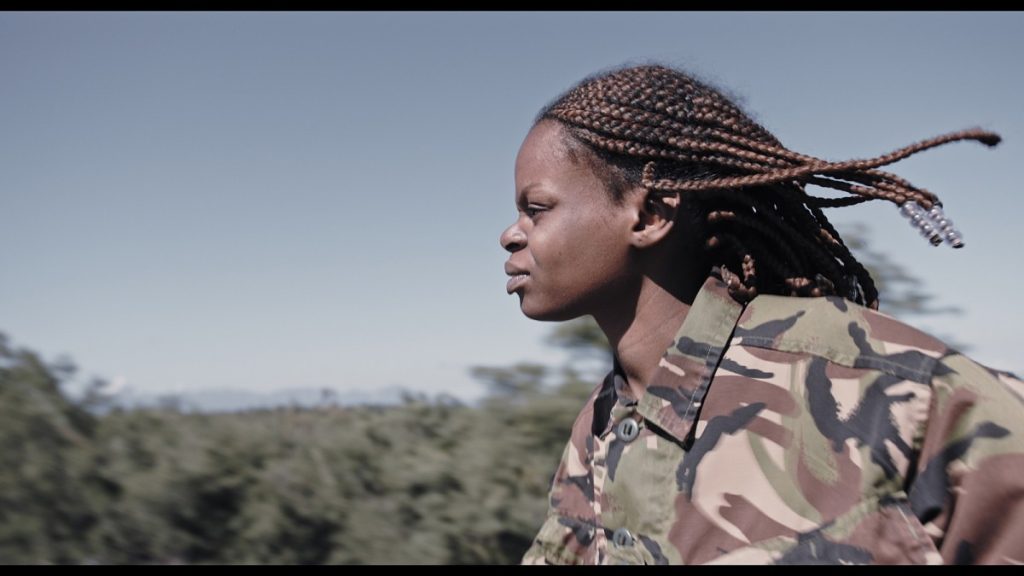Just once you see what tourists love: the vastness of Kruger National Park in South Africa, the drifting clouds, and the mountain range on the horizon. A beautiful sight, tourists justly love it. But in front of her, a man with his back to the camera does not represent beauty. He’s poor, he says, he follows the money – he goes poaching, that’s not just a good way to make a living, it’s the only way for many here. This means that poaching is the result of other problems. You’ll meet them in the documentary “Black Mambas,” after a neat start with archive footage from a time when everything was fine in the park.
Black Mamba, which gives this documentary its title, is an all-female anti-poaching force formed in 2013, at the height of illegal rhino hunting. Since then, women have been recruited from the communities surrounding the Kruger National Park to receive military-style training. Then they wear a badge, proud smile. Director Lena Karp presents a presentation for passionate students who want to devote themselves to animal welfare. Meanwhile, they are young black women who are now gainfully employed.
Not many succeed, the unemployment rate in South Africa is high. Lena Karp accompanies some women at home with their families, they have to feed mothers, children, brothers and fathers of children who have no work and do not seem particularly interested in it. The desire for independence achieved by these women contrasts with the influx of men who do nothing. Emancipation does not seem to be a hot topic as long as women are self-sufficient enough to fill the family budget.
As women’s ambition awakens, so does resentment
The women’s job is mainly to guard the national park; They walk around the fence in small groups every day. You learn to follow their gaze when looking for dangers, whether they are holes in a fence or shady tracks in the sand. Then they go back to the main office on the mobile phone, and then the park rangers come, everyone knows, everyone is older, they check or fix the problem. The mamba’s mission is less exciting, but effective: it’s about prevention, and their constant presence deters poachers.
Class, skin colour, gender, or the barriers of a colonial past are salient, and the film shows resentment among women, whose ambition is now so elevated that they ask questions. Why do they only patrol, when can they become park rangers too, who will pay for this training because their wages are not enough to pay for themselves? Last but not least, the film also includes the perspective of poachers – which adds some interesting aspects to the ‘National Park’ concept.
Black Mamba comfortably goes way beyond simply conveying information. Entertaining and keeping viewer’s curiosity alive, Lena Karbe looks at the absurd, follows through the images in surprising turns, and never wastes much time. Meanwhile, she manages to make something else out of her film that is more than just a description of a successful South African project: it heightens understanding of the complex, not easily seen connections within which that project lies.
black mamba– Germany – France 2022 – Directed by: Lina Karp. 81 minutes. Jip Movie & Distribution. Theatrical release: 17.11.22.

“Explorer. Communicator. Music geek. Web buff. Social media nerd. Food fanatic.”






More Stories
“The Tortured Poets Oath” drops at midnight. What to know about Taylor Swift's latest album
Pluto's core was likely created by an ancient collision
'The Wiz' review: A black classic returns to Broadway